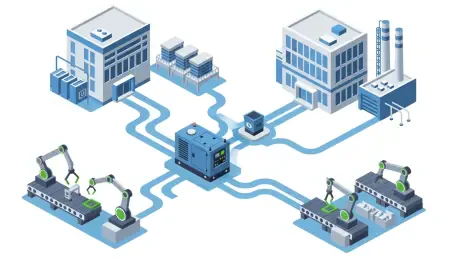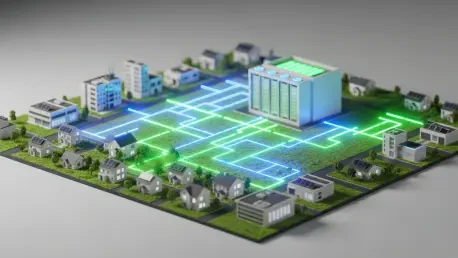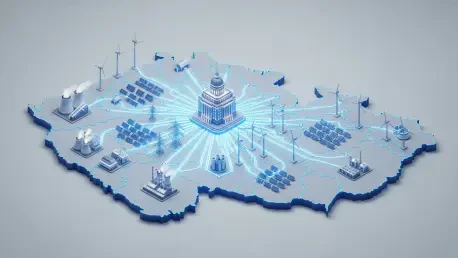
The global energy landscape is navigating a complex transition, driven by the dual imperatives of meeting escalating electricity demand while simultaneously reducing environmental impact. In this evolving paradigm, gas generator sets have emerged as a pivotal technology, poised for significant

After years of seemingly unstoppable expansion that crowned it the undisputed king of the global battery market, China's formidable battery industry is now bracing for an abrupt and painful reckoning in 2026. The very forces that propelled its ascent—aggressive government support and insatiable

The global push toward a sustainable future is accelerating at a breathtaking pace, with projections indicating that renewable energy capacity could triple by 2035, a monumental shift that places unprecedented strain on the world's aging electrical infrastructure. This rapid expansion creates a

From Baltic Sea Explosions to a High-Stakes Extradition The silent depths of the Baltic Sea still hold the secrets of the 2022 Nord Stream pipeline explosions, but a courtroom in Germany may soon force some of them to the surface. The dramatic sabotage that severed a major Russian gas artery to

Deep within the historic heart of Prague, a modern economic drama is unfolding that could reshape the Czech Republic's energy landscape for generations to come. The Czech government is seriously weighing a complete state takeover of the nation's dominant energy utility, CEZ. This monumental

A Landmark Project Under a New Political Lens The Trump administration has initiated a review of the federal approval for Dominion Energy's Coastal Virginia Offshore Wind project, casting uncertainty over a flagship renewable initiative. Revealed in a court filing, the move signals a potential